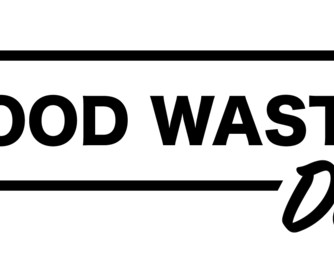Do You Know Your Suppliers? Counting the Cost of Ignorance
QAD
JULY 7, 2022
A recent Quality Digest article suggested that “ethical supply chain management is being fueled by consumer demand, profitability, and visibility. In April 2021, food giant Hershey Food announced its “ No Deforestation Policy ” to end deforestation across its supply chain by 2030. Companies are acting, and responding.




















Let's personalize your content